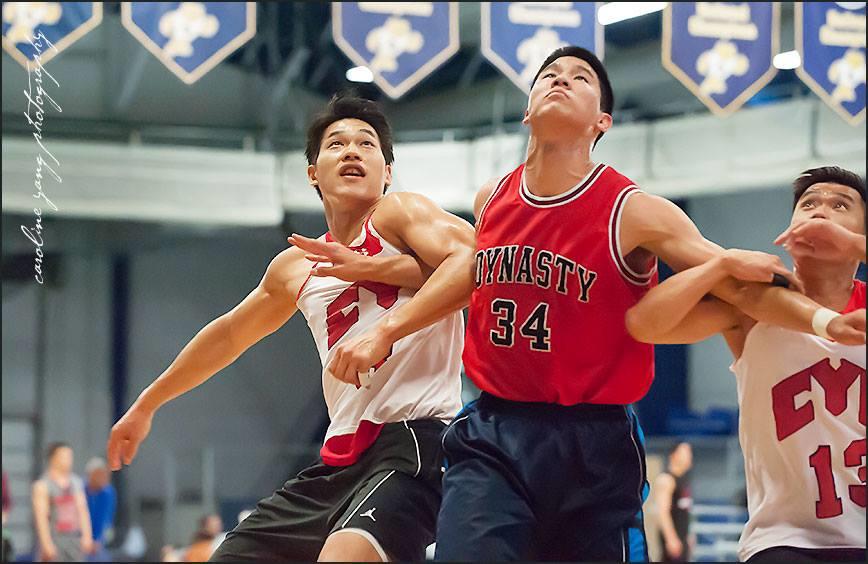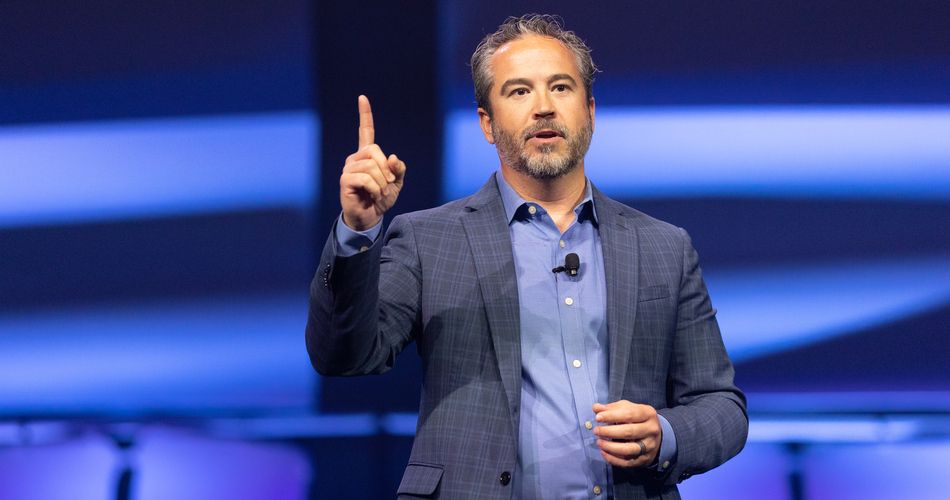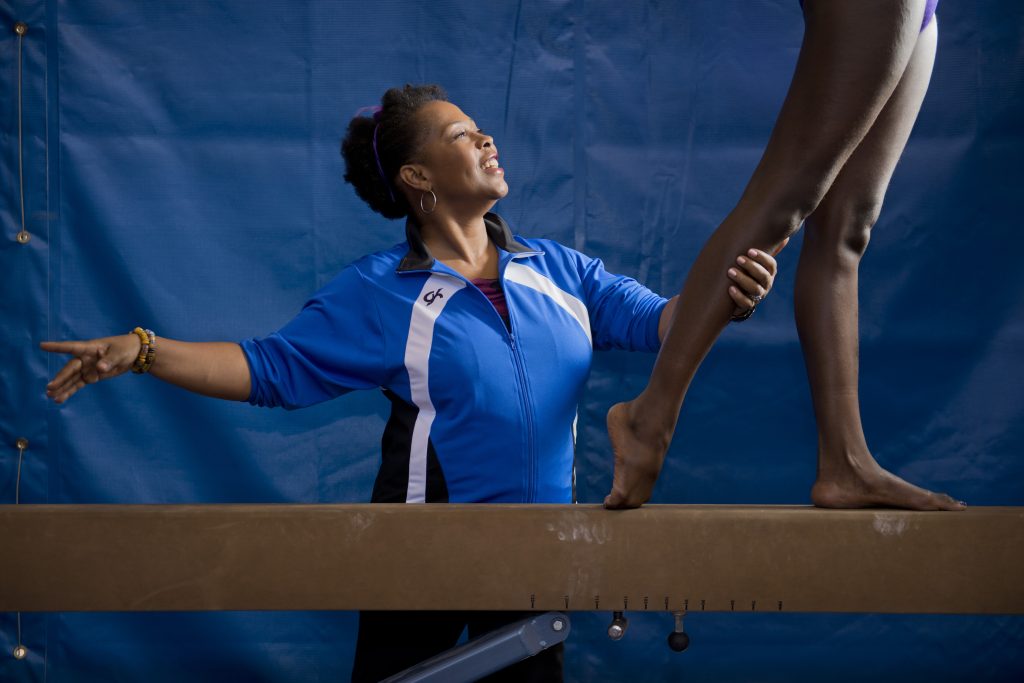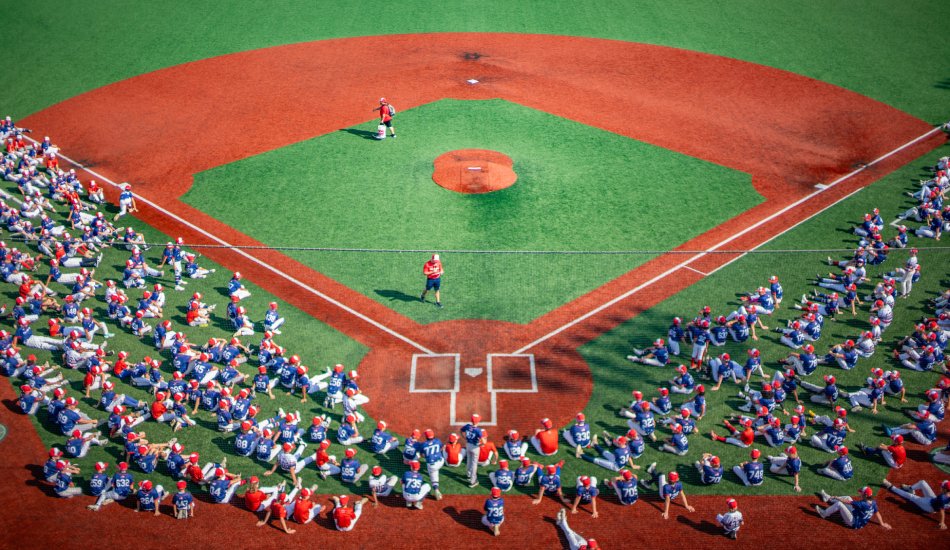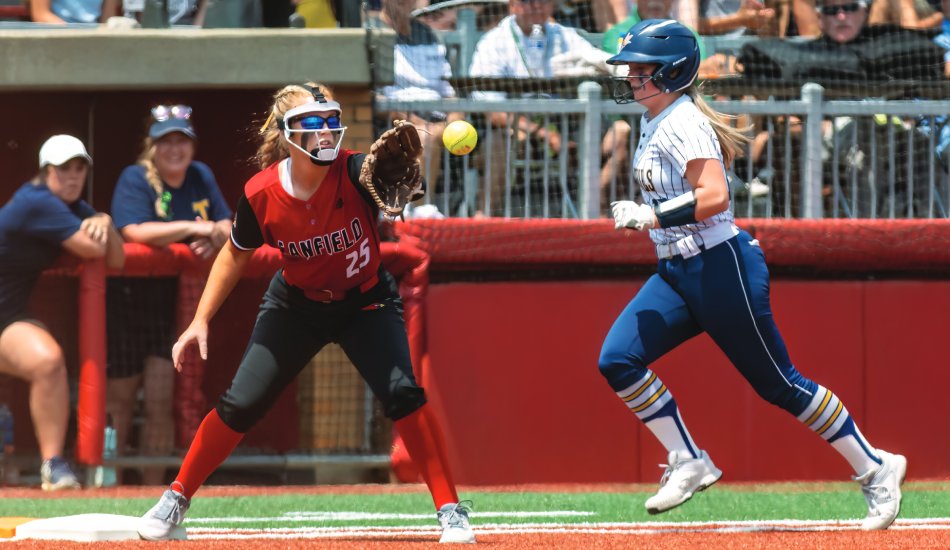What is the Asian Basketball Championships of North America and why was it created?
To put simply, the Asian Basketball Championships of North America (ABCNA) is a destination Asian basketball tournament that travels to exciting destinations each July 4th weekend.
To go more in-depth, Asian Basketball Championships of North America was created because there has never been a single tournament that was open to all Asian ethnicities from all over the U.S. and Canada. There have been East Coast, West Coast, Canadian and Midwestern tournaments for years. There have also been Chinese, Korean, Japanese, Vietnamese and Filipino tournaments dating back for many decades. But there has always been a question of how certain teams would fare against other teams that they haven’t competed against. We wanted to create something that has never been done before. We wanted to have a top-notch tournament that would draw teams from different regions, allow them to travel around the country to new cities each year and provide everyone with a unique experience. This is an opportunity to bring together Asian teams who want to play against teams from different places, and it’s also a chance for players to bring their families on a vacation to new destinations. I think that’s a win-win situation.
How did you get started with ABCNA?
From the time I was about two or three years old, I used to go watch my dad play in these Asian basketball tournaments all up and down the east coast. Growing up, I saw firsthand the camaraderie between teammates and the friendships and competition that existed between different teams from different cities. As I got older, I started playing in these tournaments, and I made some great friends through sports. Whenever I traveled, I never had to worry about having a place to stay, or who I would hang out with because I got to know the guys from every city we competed against.
In college and law school, I learned how to gain access to university facilities through student groups, and I started hosting some tournaments to give teams more opportunities to play. After I graduated, I decided that I wanted to continue giving back to the game. So, I think I became the first child abuse attorney by day—tournament director by night in the basketball community. My hometown of Washington, DC hosted the North American Chinese Basketball Association Tournament in 2002, and I was the tournament director. That tournament went pretty smoothly—other teams, coaches and club directors had a lot of positive feedback—and I decided I really could do this on a national level. I joined their board and I served as their tournament director from 2002 until 2014.
It was an awesome experience, and during that time I learned how to navigate this previously unknown CVB/Sports Commission world. I met lots of people, learned all the lingo (heads in beds, economic impact, DMO, FAM, etc.). I attended a bunch of conferences, and learned what it was that made this industry go. Our tournament grew rapidly in terms of prestige, product and attendance. But as we all know, all good things must come to an end. As with many growing organizations, internal issues arose; there was disagreement over who should be doing what; people wanted different roles, finances, etc. I knew that my vision of the tournament was not the same as some of the others on that board and it was time to resign so that I could move on to a different project.
It was sad to go, but the anticipation of opening that new door was something that drove me. I reached out to a couple of people I knew from across North America, and together we decided that a true Asian National Championships was something that we needed to do. We quickly put together a board, got some honest and hardworking people to pitch in, and here we are. We have already put together a couple of regionals, and thanks to Josh Todd of Visit Mesa, our very first ABCNA will take flight in July, 2015.
What are the ABCNA’s long-term goals?
Our goal is to put together the top Asian basketball tournament in North America. We want to give teams the most value for their dollar. That includes top-notch hotels, competitive opponents, stellar playing facilities, solid referees, fun social events, out-of-the-box concepts and a seamless experience that will keep them coming back.
We want to give back to our own Asian basketball community as well as figure out ways that we can leave a positive impact (whether economically by spending our money, or socially by conducting some free camps/clinics) on the cities we visit.
Could you provide an example of something a destination has done to go above and beyond?
Bloomington, Minnesota is a first-class operation. Matt Meunier was my original contact there, until he took a new position at Meet Minneapolis. The transition was smooth, and he passed along everything that was needed to Todd Lehrke. Both of them were absolutely terrific to work with.
We needed some prizes and awards for our social events, and Bloomington got us 50 gift cards to Mall of America that we could pass out to our participants. Todd did a lot of work in getting us in touch with all the right people, so that we could do a cost-effective buyout of Mall of America’s Nickelodeon Universe. And he was also able to take the lead in finding us the perfect fits for the restaurants that we needed for our dinners and awards nights. Todd also came out to our event’s opening night, where he took the time to meet and greet every single team that came to Bloomington. He was able to give them advice on where to eat, where to shop or what to do in the city for the weekend; I thought that was a terrific welcome.
Have you had a mentor in this industry? What is the greatest thing she taught you?
Carol Hudson from Broward County/Ft Lauderdale. She is completely awesome. Working with her twice so far (and definitely a third and fourth time in the near future), I have learned that relationships in this industry are really what makes things happen. You need to put in the time and effort. A little phone call or a quick visit can mean all the difference in the world. Everyone talks to everyone else and your reputation often precedes you.
Carol has taught me that honesty is the best policy. From an event owner end, you don’t oversell yourself, because then you set yourself up for a disaster in terms of future prospects of ever returning to that city. Trust is huge.

